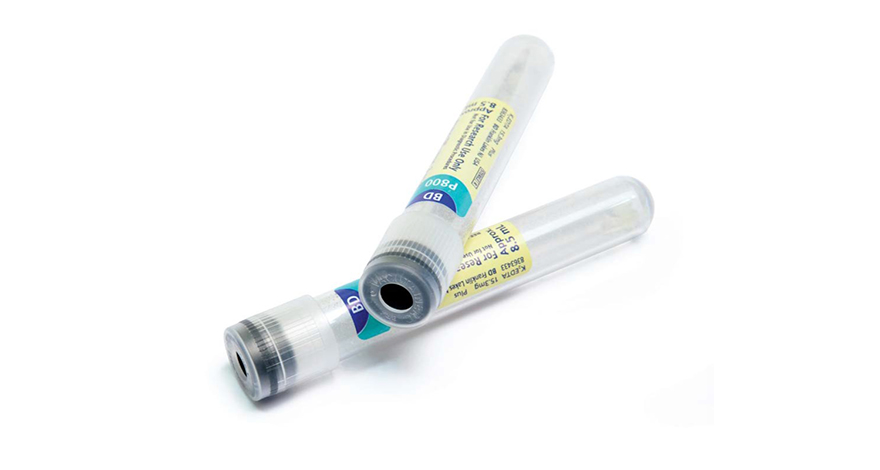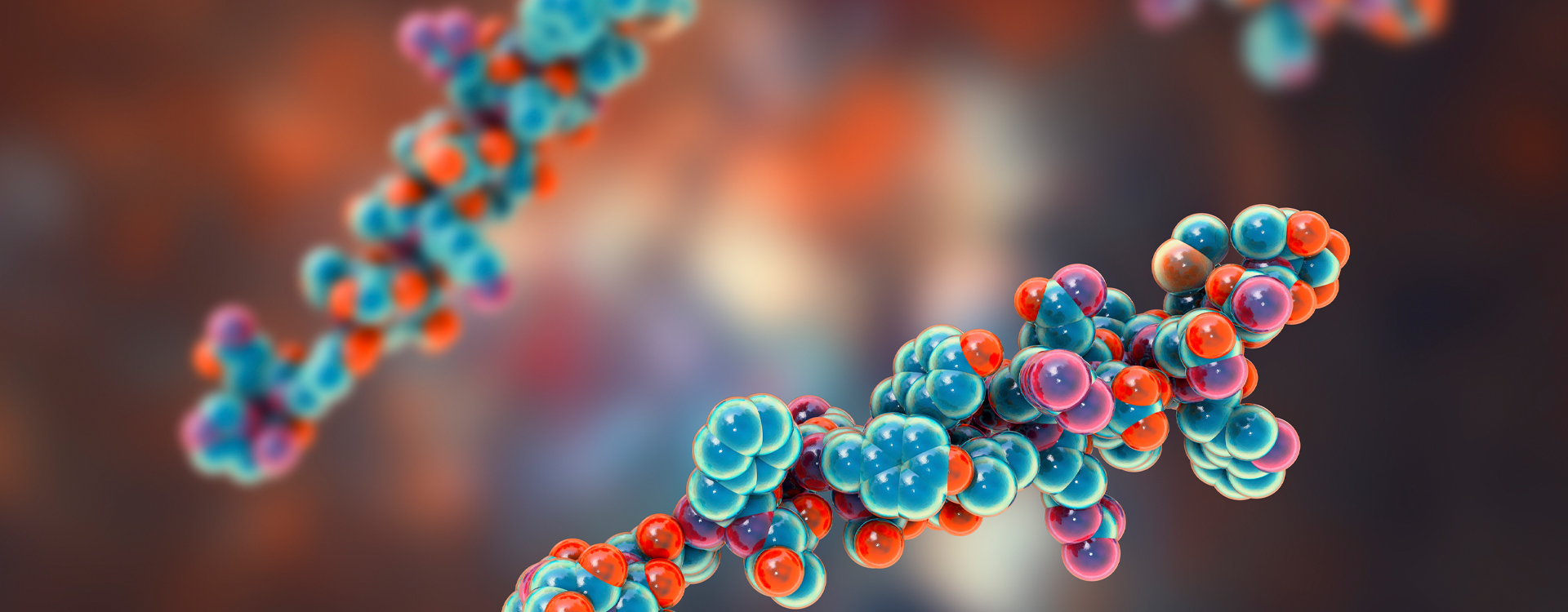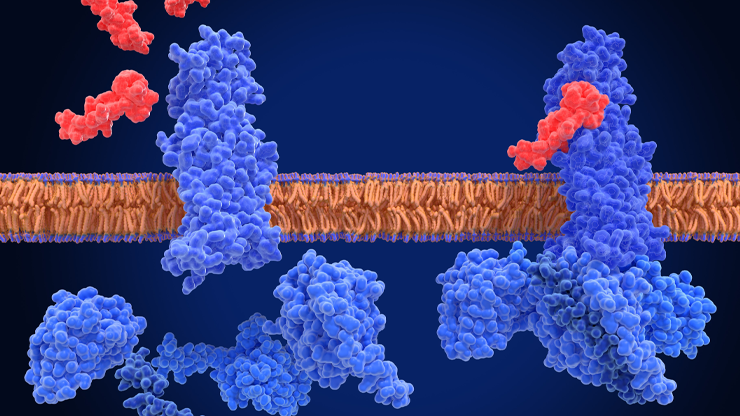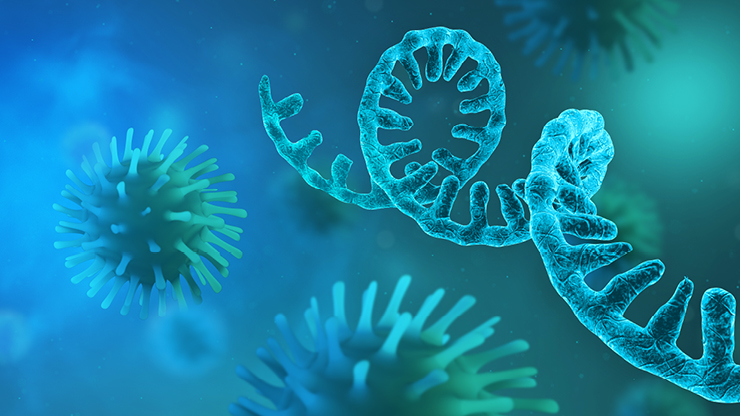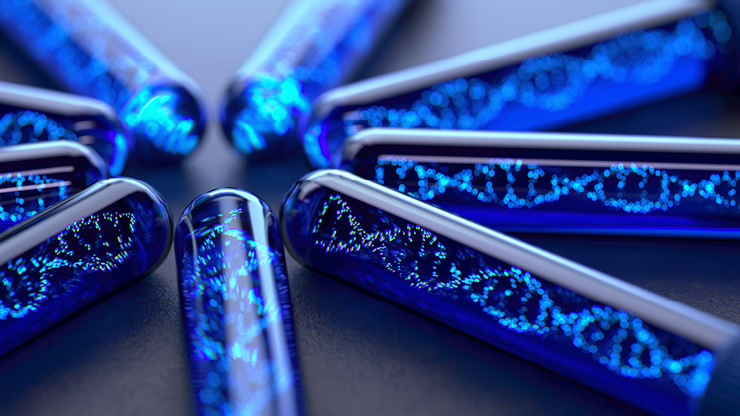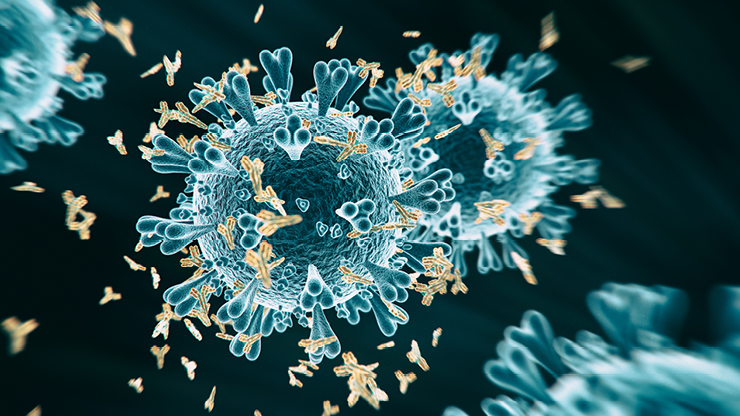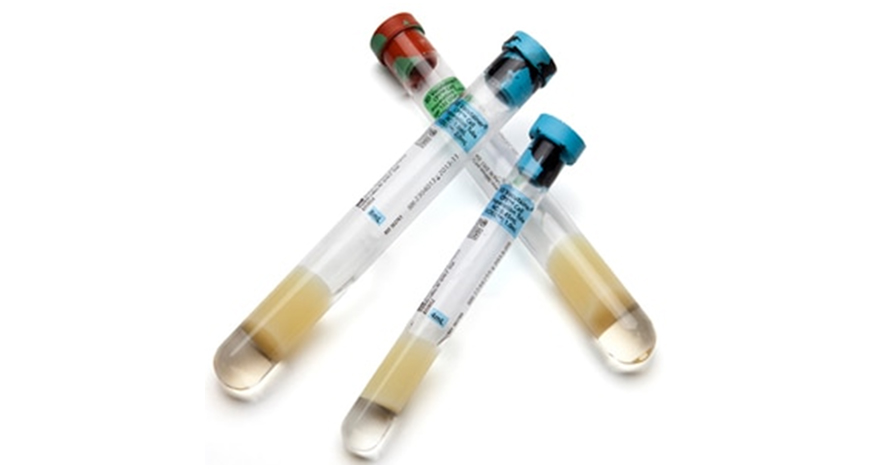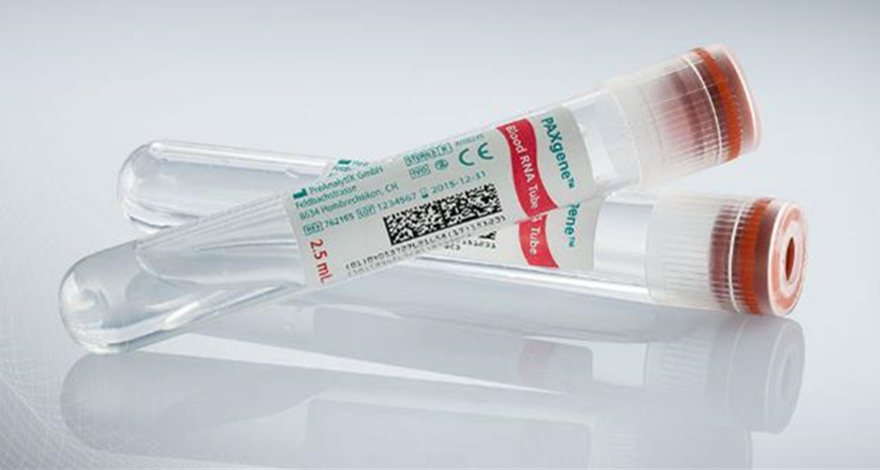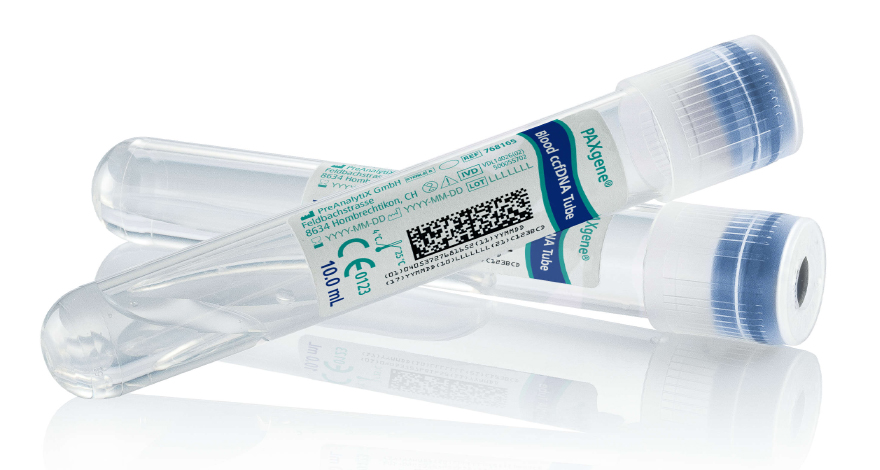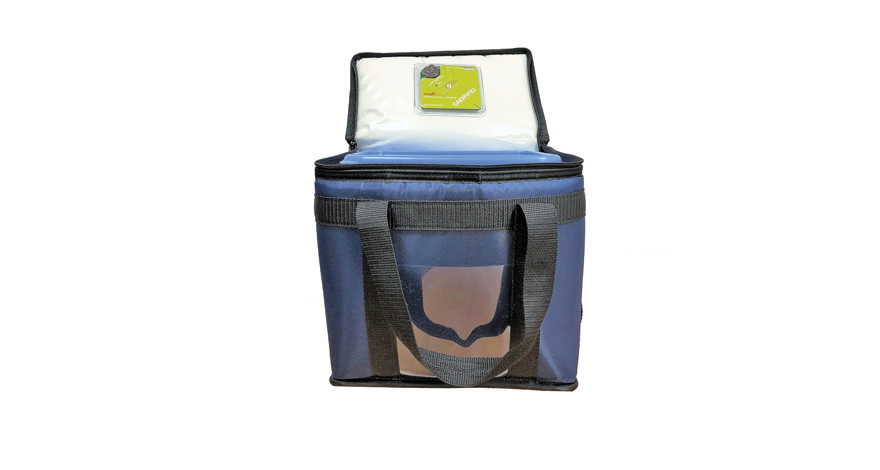Stabilization and preservation of cell and biomarker samples are essential to optimizing downstream molecular and cellular applications, especially in the fields of oncology and immunology. Ensuring sample integrity and high-fidelity results, from discovery to clinical diagnosis, play a pivotal role.
Reliable sample collection is the first step to ensuring accurate downstream analytical results
60-70%
of biomedical research papers may contain non-reproducible results1,2
10%
of patient deaths are due to diagnostic errors3
17%
of adverse events are due to diagnostic errors3
Reliable sample collection is essential for the development of new therapies
2020
The year the FDA approved NGS-based liquid biopsy tests4
14
The number of European countries that have adopted NIPT into a national policy or programme5
431
RNA-targeting drug development programmes6
Sample collection and accurate analysis comes with many clinical, technical, and operational challenges
Biomarker stabilisation is key
Reference labs
Diagnostic methods rely heavily on the ability to analyse samples accurately and reliably. Yet if sample integrity is compromised during preanalytical processing, the development of highly sensitive diagnostic and biological assays to produce clinical data is futile.
Clinical Research Organizations (CROs)
Ambitious research starts with reliable sample collection. Great care is taken to procure high-quality data, les. Whether samples are taken from across town or across the globe, it is essential that sample integrity is maintained to ensure reproducible and reliable clinical data.
Hospitals and research labs
Sample processing and analysis needs to keep pace with the fast-moving world of clinical research. Obtaining samples for research outside of the laboratory increases the variation factor and may provide inconsistent results. Variations in sample collection site, storage and transport time, temperature variations, and supply chains should not stop you from moving the clinical world forward. The correct collection, transportation, and storage of blood samples are the first important steps to help ensuring you obtain consistent and reliable results for your research.
Biomarker stabilisation is key
Standardized processes are important to ensure biomarker specimen stability and preserving the integrity of biomarker specimens. It is no secret that sample collection and accurate analysis comes with many clinical, technical, and operational challenges including:
- Sample stability
- Sample storage and transport
- Data reproducibility
- Processing time
- Supply reliability
- Biohazard exposure risks
These challenges should not stand in the way of your research. At BD, our range of cell & biomarker stabilization tubes are intended to maintain sample quality from collection, through transport and storage, all the way to final analysis to optimise your workflow.7
Therapeutic applications
Exploring biomarker from discovery to clinical diagnosis
The BD Vacutainer® family of products offer cell and biomarker preservation that promises procurement of accurate and reproducible data across a number of molecular, proteomic, and cellular applications. Discover how BD Cell Preservation Tubes can optimise the preanalytical workflow in your field of research.
Minimise preanalytical variability and ensure success in your obesity and diabetes clinical trials Stabilize peptides critical to your diabetes and obesity clinical trials for >96h8.
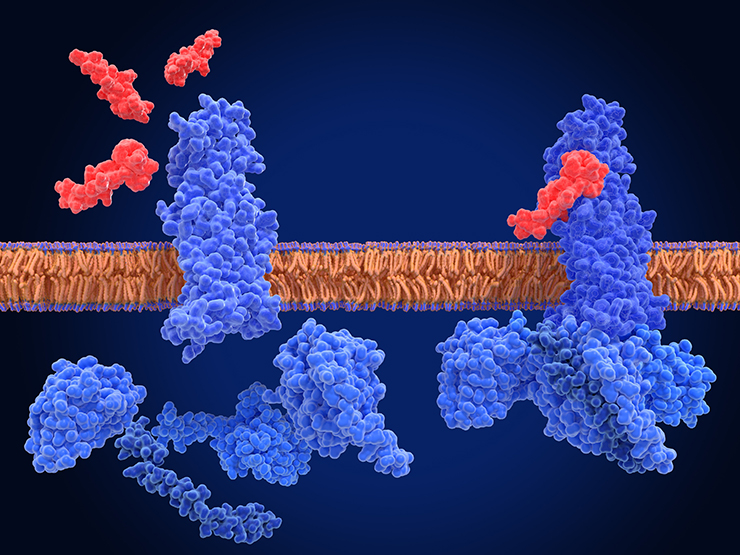
Proteomics-Your choice of blood tube impacts the accuracy of measuring GLP-1, GIP and glucagon8
The BD™ P800 Blood Collection tube contains a blend of proprietary protease inhibitors optimised to stabilise GLP-1, glucagon, oxyntomodulin (OXM) and GIP, enhancing metabolic peptide quantification accuracy8
Download P800 brochure
Stable RNA collection for reliable sample analysis
RNA therapies can manipulate either gene expression or produce therapeutic proteins, making the drugs suitable for pathologies with given genetic targets like cancers, immune diseases. The ability to sequence hundreds of thousands of genomes, analyze and manipulate genes with programmable nucleases is driving the discovery of new targets for gene therapies. Yet the ability to manipulate these targets, especially non-coding DNA and the 85% of the genome that might be undruggable using small molecules is lessened without the capacity to deliver therapeutic RNA to diseased cells
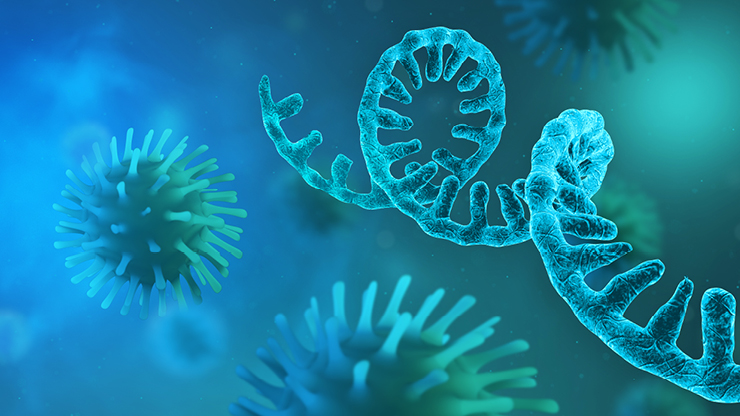
Blood RNA workflow in Molecular in vitro diagnostic testing
Dr Kalle Gunther and Dr Faraia Shah from PreAnalytiX discuss ways to enhance the preanalytical blood RNA workflow for molecular diagnostic testing.
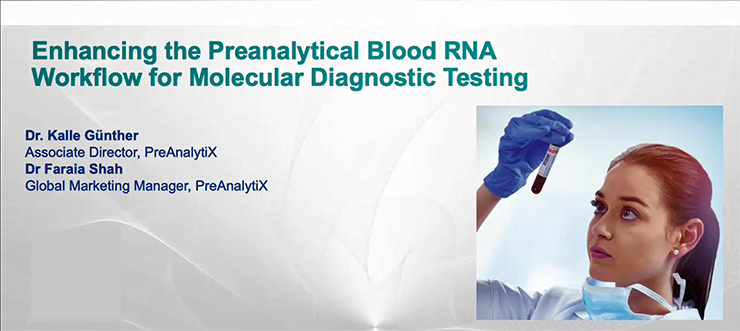
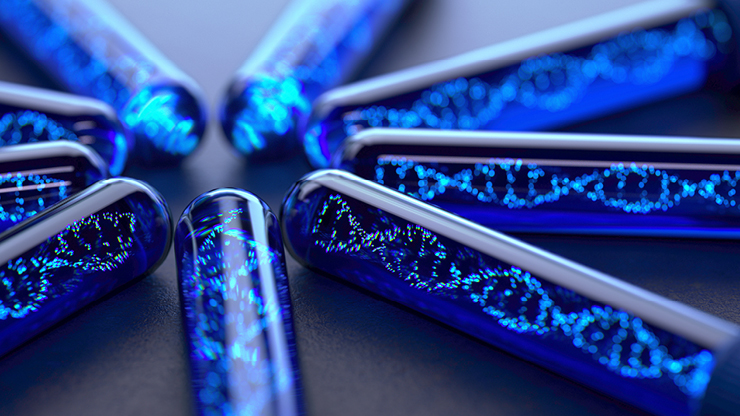
Protect your RNA samples for accurate gene expression profiles
Innate cellular processes can inadvertently lead to altered RNA levels upon blood collection. Stabilising reagents can protect RNA molecules from degradation by ribonucleases (RNases) and prevent induction of gene expression. Protection of RNA molecules from enzymatic degradation can preserve a snapshot of gene expression profiles at the time of blood collection regardless of storage and transportation times. Reliable preanalytical processes can optimise the outcomes of downstream biological assays and advance genomics research.
Accurate RNA profiles from cancer cells
Unique RNA profiles play major roles in individual cancer cells and can impact treatment decisions for patients. Cancerous cells can arise from a malfunctioning RNA strand or different types of RNA acting in combination. RNA is notoriously less stable than DNA making it more difficult to accurately capture RNA profiles once samples have been collected. BD technology can capture the actions of malfunctioning RNA by ensuring stabilisation from the point of collection to analysis can enhance outcomes in cancer research; reliable stabilisation is imperative to ensure that accurate results are available to cancer patients.


Maintain circulating cell-free DNA (ccfDNA) integrity
Circulating cell-free DNA (ccfDNA) is an important biomarker for non-invasive prenatal testing (NIPT) and liquid biopsy. ccfDNA is obtainable through a regular blood draw and can provide a breadth of information to researchers and clinicians. However, ccfDNA is present in low quantities in the blood and can be further diluted by genomic DNA (gDNA) from blood cells. Anticoagulants and crosslinking reagents in blood collection tubes can impact ccfDNA sample quality.
Liquid biopsy
Liquid biopsy is a minimally invasive method of collecting a patient biofluid sample to test for biomarkers of disease. Liquid biopsies are most commonly used for cancer research and diagnostics. Reliable stabilisation of biomarkers such as ccfDNA means samples can be preserved without any DNA modification.
Non-invasive prenatal testing (NIPT)
Non-invasive prenatal testing (NIPT) analyses blood samples from pregnant women to identify foetal DNA that is present among maternal ccfDNA to determine the risk of certain genetic abnormalities. Accurate analysis of blood samples relies on their preservation through collection, storage, and transportation.
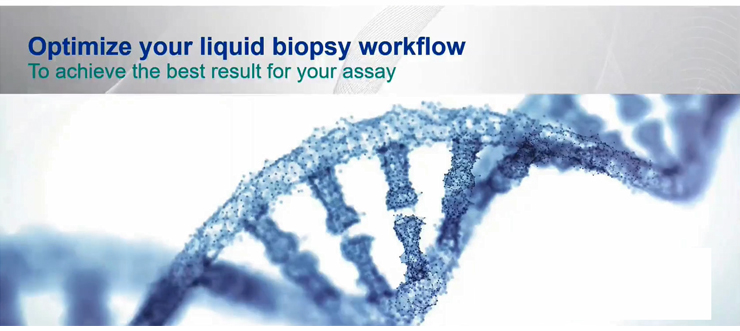
Optimize your liquid biopsy workflow
Do you want to optimize your liquid biopsy sample quality? Join our webinar discussing how to achieve the best result for your assay
Sensitivity of liquid biopsy assay
Circulating cell-free DNA (ccfDNA) is used in a number of diagnostic assays which require specified preanalytical workflows to facilitate correct and reliable results. This research article by Thorsten Voss, Andrea Ullius, Maike Schönborn, and Uwe Oelmüller establishes a blueprint for a test procedure to verify and validate a liquid biopsy workflow.
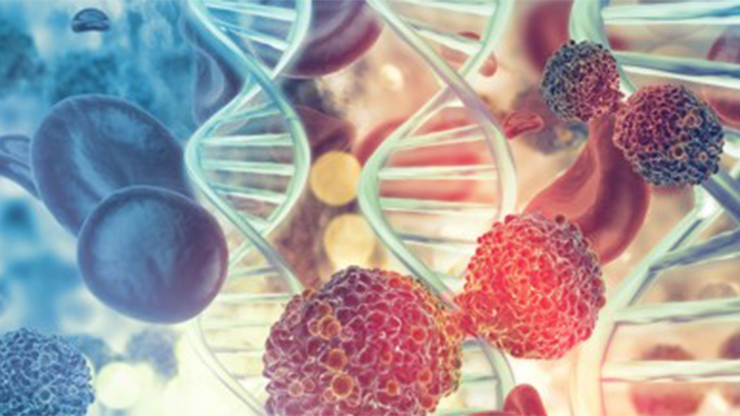
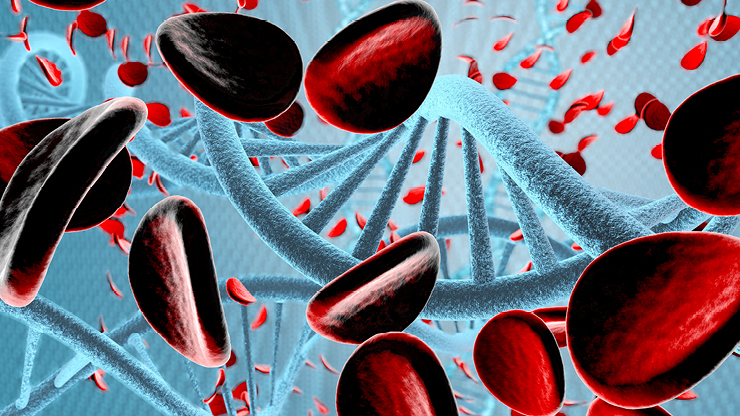
PAXgene ® Blood ccfDNA Transport, Robustness and Plasma & plasma stability
Check out these three technical notes on our PAXgene ® Blood ccfDNA Tube (CE-IVD) solution covering sample transport, plasma and nucleated cellular fraction stability, and tube robustness
Do you need support for your IVDR implementation?
The PAXgene ® Blood ccfDNA Tube (CE-IVD) is now CE marked for In Vitro Diagnostic use according to the Regulation EU 2017/746 on In Vitro Diagnostic Medical Devices (IVDR). Read our customer letter to learn more.
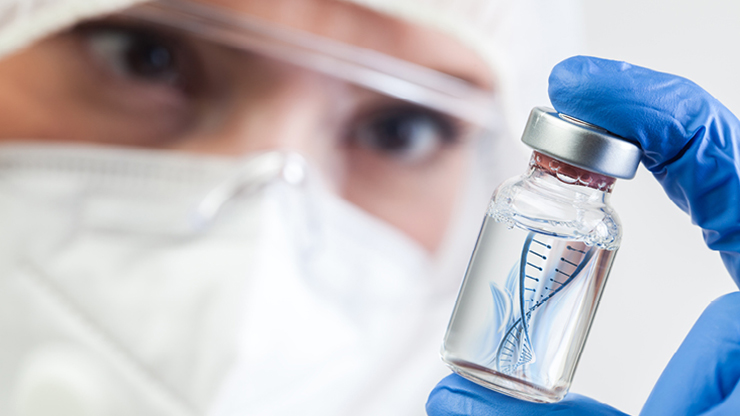
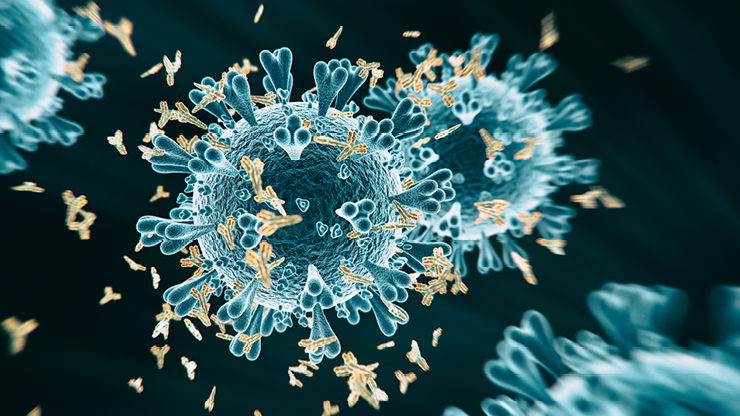
Immunology research relies on high quality blood samples
Tumor exists as a complex network of structures that can evolve and evade the host immune system. The immune system includes macrophages, natural killer cells, neutrophils, B and T cells . The immune infiltrate is heterogeneous and varies within a patient and between patients of the same tumor histology.
The crosstalk between the immune cells can influence the nature of immune response, its prognosis, and treatment outcomes in cancer patients.
Therefore, an understanding of the characteristics of the immune cells and their role in tumor immune surveillance is of pivotal to identify immune targets and to develop novel immune therapeutics in the war against cancer
Discover our Cell Preparation tubes
Our solutions
BD – The trusted name in biomarker stabilization
For over 70 years, BD has been a trusted name for blood specimen management solutions. The BD Vacutainer® family of products for blood cell and biomarker preservation are widely used in clinical and biomarker research across the world, in conjunction with a variety of downstream molecular, proteomics and cellular applications. These products can help ensure consistency in results, accuracy of data and workflow efficiency when measuring biomarkers.
BD™ P800
The BD™ P800 Blood Collection tube contains a blend of proprietary protease inhibitors optimised to stabilise GLP-1, glucagon, oxyntomodulin (OXM) and GIP, enhancing metabolic peptide quantification accuracy.8
BD™ P800 efficiently inhibits the proteolysis of metabolic biomarkers crucial to diabetes and obesity clinical trials.8
Register to learn more
